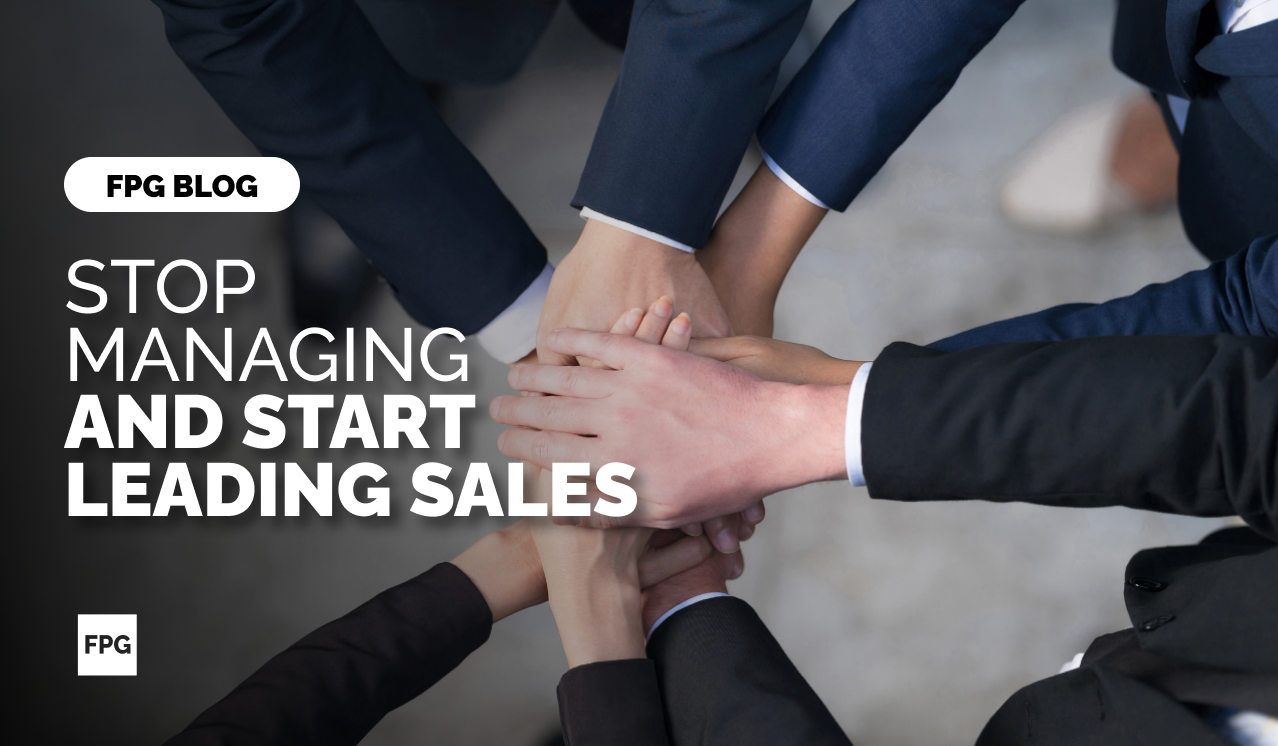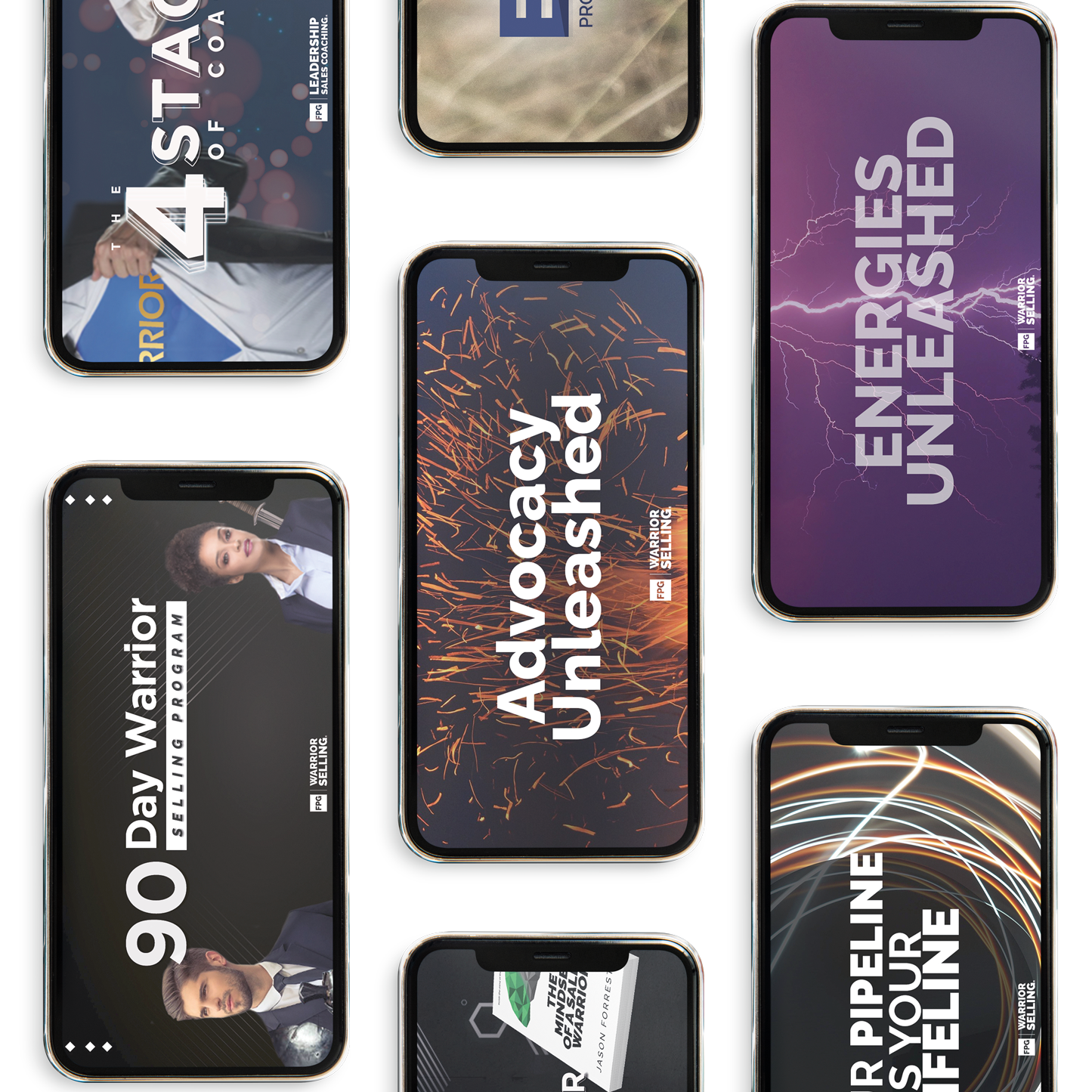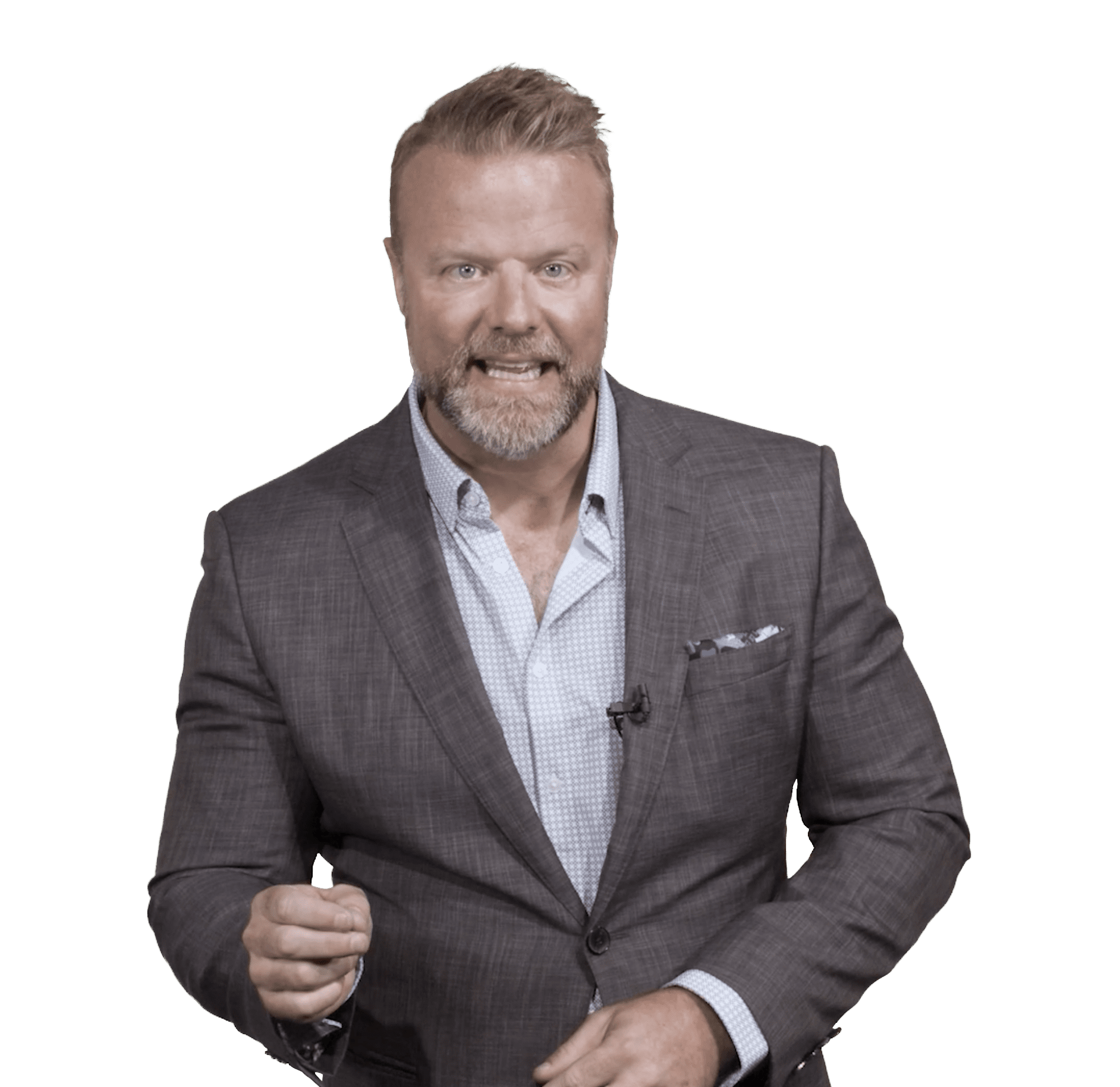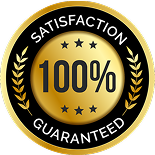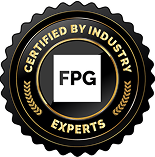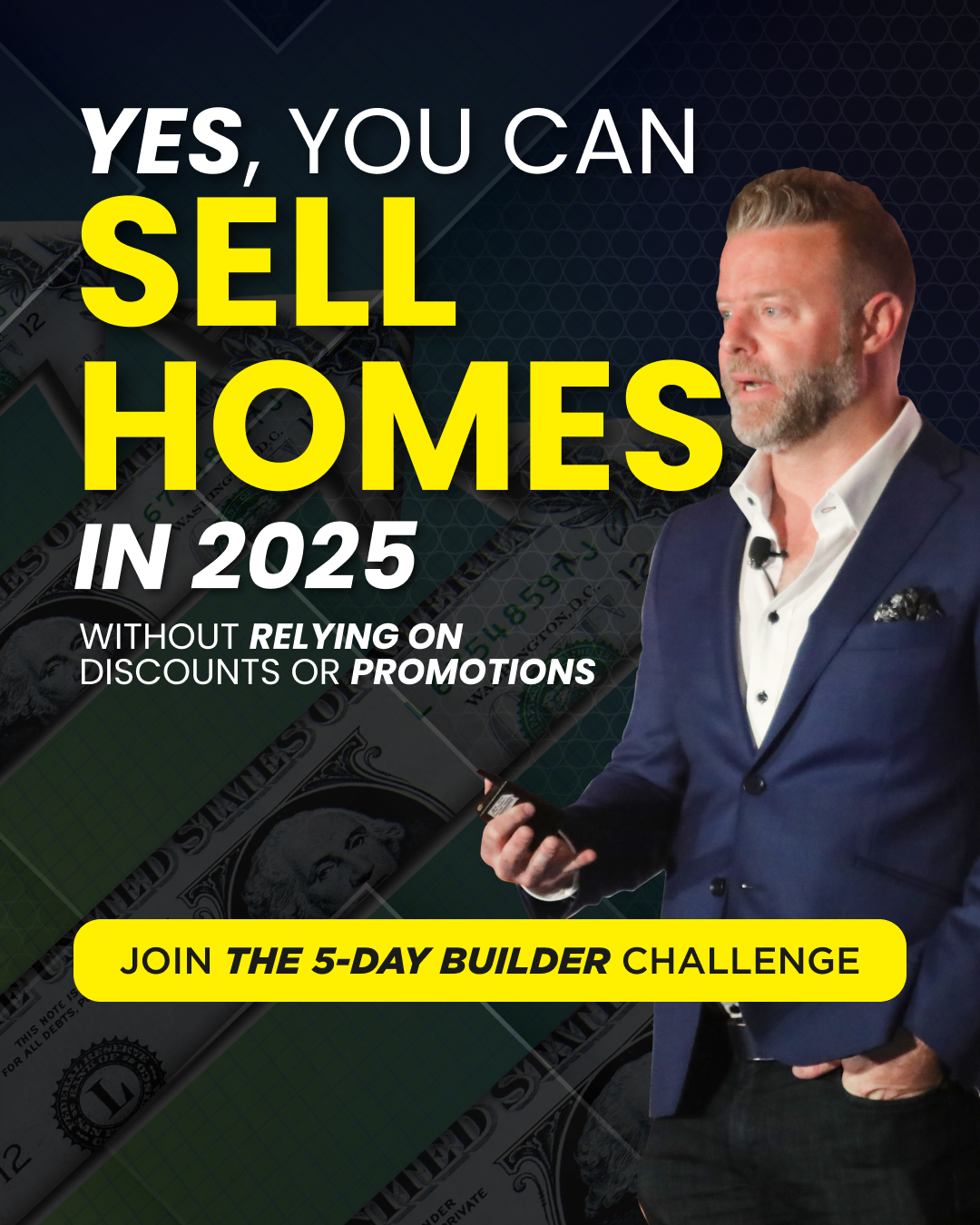Too many salespeople are selling specs when buyers are shopping for peace of mind, comfort, or identity. That’s the real mistake.
In industries like mattresses, HVAC systems, pools, and flooring, customers can’t fully experience the product before buying. There’s no extended test drive. No weekend trial.
Despite this, many sales teams still focus on price, materials, or features. They train their people to recite details instead of leading buyers toward resolution.
However, the best sales professionals understand this truth: customers don’t buy the product. They buy what they believe it will do for them.
Table of Contents
- Selling When Buyers Can’t Test the Product
- The #1 Mistake in Selling Comfort and Lifestyle Products
- What High Performers Do Instead
- When Buyers Say “We’ll Go Home and Think About It”
- The Role of Emotion vs. Logic in High-Ticket Sales
- Why Traditional Sales Training Fails These Industries
- How Jason Forrest Trains Sales Teams in These Industries
- Why It Matters
- FAQ

Selling When Buyers Can’t Test the Product
Imagine trying to sell a $12,000 pool installation. The buyer can’t swim in it. They can’t host the barbecue yet.
The same goes for a $5,000 mattress or a $20,000 HVAC upgrade. Buyers are being asked to commit without fully feeling the result.
This is where most salespeople break down. They get nervous. They overcompensate with technical specs or discounts, hoping logic will tip the scale.
Instead, high performers build emotional belief. They walk the buyer into the future. They create clarity around the outcome, not the object.
Therefore, they don’t just sell products—they sell transformation. That is what top sales training should teach.
The #1 Mistake in Selling Comfort and Lifestyle Products
Salespeople often focus on justifying the purchase. They argue for the value. They defend the price. But that misses the mark completely.
The top mistake is selling the transaction, not the transformation. And buyers don’t wake up dreaming about better specs.
Buyers want the problem solved. They want the result. In fact, what they crave is resolution—relief, progress, or identity alignment.
For example, a mattress isn’t about coils. It’s about waking up pain-free. A pool isn’t about dimensions. It’s about lifestyle and memories.
So unless a salesperson is trained to speak to the outcome, they’re not building desire. They’re just listing parts.

What High Performers Do Instead
Top closers don’t pitch features—they build emotional urgency. They position the product as the bridge between now and a better version of life.
They use vivid questions, strong visuals, and future-focused language. They help the buyer picture the impact of this decision, not just the specs.
This works across every high-consideration, comfort-driven industry. Flooring salespeople talk about how the room will feel, not just how the product wears.
HVAC professionals talk about peace of mind during a heat wave, not just efficiency ratings. Mattress pros sell deep sleep, not spring count.
Ultimately, strong sales training shows how to flip the script—so every rep learns to sell belief, not features.
When Buyers Say “We’ll Go Home and Think About It”
That phrase isn’t about thinking. It’s a delay rooted in fear, not logic. Buyers say it to avoid making the wrong decision.
Average salespeople panic and respond with circumstantial urgency—“The sale ends today” or “Only a few left in stock.”
But that pressure rarely works in high-dollar decisions. It feels rushed, not respectful. It damages trust and increases resistance.
Top professionals know better. They build emotional urgency before they introduce external factors. They help buyers confront the cost of waiting.
For example, they ask: “What does another month of back pain really cost you?” Or: “How many more summers are you willing to miss?”
With that approach, the buyer doesn’t feel pushed. They feel clear. And clarity builds momentum, which drives action.

The Role of Emotion vs. Logic in High-Ticket Sales
Salespeople often default to logic because it feels safe. Specs and warranties are less risky than emotion. But logic doesn’t lead—emotion does.
Customers in these industries make emotional decisions. Then, they use logic to justify them. That’s why emotion must lead every sales conversation.
Think about flooring. People don’t just want it to be scratch-resistant. They want the room to feel like home.
Furniture? It’s not about size. It’s about how the space feels when friends walk in. Pools? Not about gallons, but memories.
Every product in this category is tied to identity, lifestyle, or comfort. And emotion drives every one of those motivators.
That’s why real sales training teaches reps how to tell stories, ask better questions, and connect to human desire.
Why Traditional Sales Training Fails These Industries
In many companies, training means product knowledge. Reps learn specs, pricing, and how to fill out paperwork. That’s not training—it’s onboarding.
Sales leadership in these industries must shift their approach. If the sale is emotional, training should reflect that reality.
That means coaching reps on belief transfer. Teaching them to sell the future. And developing confidence in leading emotional conversations.
This is especially true in B2C, high-dollar categories. The decision is personal. The buyer has no professional obligation to purchase. It’s all internal.
Therefore, sales leaders need to create systems that develop emotional intelligence, questioning skills, and the ability to create urgency ethically.
This is not soft skill training. It’s performance-based sales leadership. And it separates the average from the elite.
How Jason Forrest Trains Sales Teams in These Industries
Jason Forrest works with mattress retailers, HVAC companies, pool builders, and flooring providers across the country. His approach is radically different.
He starts by reshaping how salespeople see themselves. They stop being clerks and become coaches. They stop presenting and start persuading.
Then he gives them the tools to lead conversations, build urgency, and close without pressure. It’s tactical, repeatable, and high-impact.
More importantly, Jason coaches sales leaders to stop training product and start training performance. The market demands it. The buyers expect it.
And the companies who apply it? They grow faster, close more, and avoid the margin wars that kill profits.
Why It Matters
If you’re selling comfort, lifestyle, or identity—and your customer can’t test the product in full—your close rate reflects your training.
Companies that win in mattresses, HVAC, pools, and flooring don’t do it with better ads or deeper discounts. They do it with better sales conversations.
The teams that learn to lead emotionally, sell the future, and guide the buyer toward resolution will own their market.
Everyone else? They’ll keep fighting over price, chasing leads, and wondering why customers “ghosted” after the first visit.
This isn’t a trend. It’s the new standard. And those who build their training around it will lead the next era of sales performance.

FAQ
What does “selling online” really mean in 2025 (beyond e-commerce)?
It means using video, virtual presentations, funnels, and digital communication to lead buyers through the same emotional sales process they’d experience in person. It applies to industries where the buyer can’t fully test the product, like mattresses, HVAC systems, or pools.
Why does the “one-to-many” model matter for sales professionals and entrepreneurs?
Because it scales. Sales teams need ways to influence more buyers with less effort. Selling one-to-many allows a single message—delivered online—to reach hundreds or thousands.
How can traditional sales pros take their existing skill set and adapt it for online success?
They must learn to transfer emotion and belief through video, email, and automation. The core selling skills stay the same. But the format must evolve.
What makes events like Selling Online so powerful in shaping the next generation of top sellers?
Because they teach implementation, not just theory. These events show reps and leaders how to structure offers, build emotional urgency, and close using digital tools. That’s what builds confidence—and results.
At FPG We’ll Coach and Train Your Sales Team Like They’re Our Own
Gain a competitive edge with FPG’s expert solutions in Sales Training, and Sales Management Training. Experience rigorous candidate screening, process-driven training that resonates, and transformative leadership that drives significant revenue increases. Give yourself an advantage and start your journey to higher sales and unparalleled success with FPG. Reach out to us today!
Ready to revolutionize your sales team?
Elevate your recruitment, training, and leadership with our expert guidance. Say goodbye to stagnant sales and hello to unprecedented success! Book a Meeting today and take the first step towards dominating your market!




